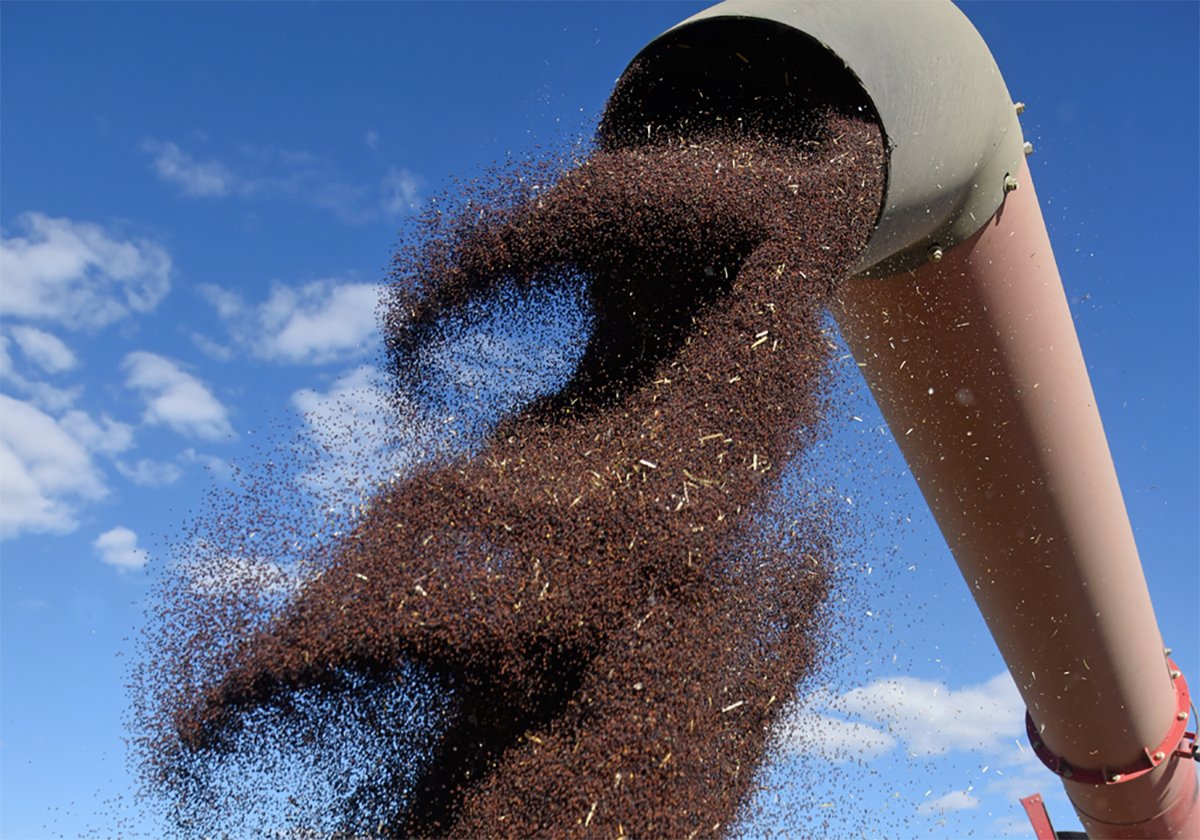Saskatchewan is relying on potash to keep its finances in the pink.
The province’s reliance on resource revenue has shifted from the “black gold” of oil to potash for 2009-10.
Finance minister Rod Gantefoer said the mineral mined in the grain belt should generate $1.9 billion for the province this year, or about 20 percent of the province’s revenue. It’s the single largest revenue line in the budget.
“Potash is an incredible story,” he told reporters as he explained the March 18 budget.
The province tabled a balanced budget, calling for spending of $10.25 billion on revenues of $10.66 billion, plus a transfer of $9 million from its savings fund.
Read Also

Ag minister says tariff situation with China is fragile, volatile
Agriculture ministers from across Canada said they heard canola producers’ concerns about tariffs but it seems unlikely they can do much about them.
The budget forecasts a $915 million drop in oil revenue to $573 million and a $427 million increase in potash revenue. Along with the drop in oil revenue comes a decrease in crown land sales. That figure is projected to fall $800 million to just $127 million this year.
Although the potash industry has been laying off workers and slowing production, prices are strong and expected to rise above $556 US per tonne, which the province’s finance officials used to calculate the budget.
Gantefoer said he was satisfied the number was cautious but appropriate.
The budget uses an oil estimate of $48.75 per barrel.
The health budget accounts for the lion’s share of spending, coming in at $4.075 billion Cdn, up nearly nine percent from last year.
Major spending planned for this year includes another $1 billion for infrastructure and capital spending, and $630 million on highways and roads.
The government has replaced the former revenue sharing formula for municipalities with municipal operating grants based on one percent of the provincial sales tax.
The new program will be phased in at 90 percent of one point, or about $167.4 million, paid out this year, and 100 percent beginning in 2010-11.
Rural municipalities will receive about $48.6 million this fiscal year, compared to $30 million for towns and villages and $77 million for cities.















